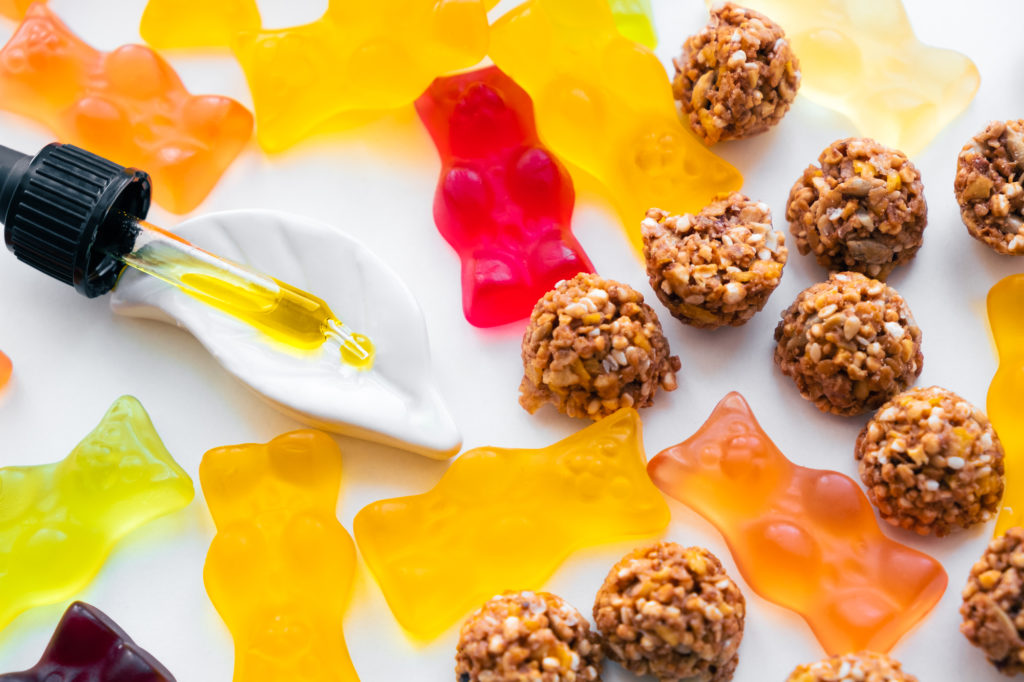Continuing our series on New York’s cannabis rules and regulations, we’re breaking down everything you need to know about New York’s cannabis processor licenses (check out our other posts in the series here, here, here, and here). Because there is so much information packed into the regs, we’re doing this FAQ style.
What are the processor license types?
There are several different processor license types, which can be combined with a cultivation and/or distribution license. The processor license types are:
- Extraction
- Blending and infusing
- Packaging and labeling
- Branding, including for the exclusive performance of white labeling agreements
What are processor licensees authorized to do?
All processor licensees are authorized to acquire, possess, and sell cannabis from a licensed cultivator to duly licensed processors and distributors. These are the allowable cannabis product types:
- Topicals
- Edibles (provided that the edible is not in a s shape considered attractive to individuals under 21 years old). Edibles include:
- Gummies
- Capsules
- Beverages
- Tablets
- Tinctures
- Baked goods
- Chocolates
- Vape cartridges or single-use pens
- Concentrates, such as shatters, waxes and resin
- Cannabis flower products, including whole flower, ground flower, shake and pre-rolls
- Cannabis extracts for intermediary sale
- Other products that are submitted to the OCM for approval
The regulations prohibit numerous product types:
- Products that contain liquor, wine, beer, cider or any other alcoholic beverage
- Products that contain tobacco or nicotine
- Products that exceed the maximum THC per serving and per package limits
- Products that are attractive to individuals under 21 years old
- Products that contain synthetic cannabinoids
- Products that contain artificially derived phytocannabinoids
- Products that require manufacturing under sterile conditions
- Products that are considered potentially hazardous foods
- Products that contain any non-phytocannabinoid ingredient that increases potency, toxicity or addictive potential, or that would create an unsafe combination with other psychoactive substances (the regulations expressly carve out products that contain naturally occurring caffeine, such as coffee, tea or chocolate
- Products that are manufactured by application of phytocannabinoid concentrate or extract to commercially available candy or snack food items without further processing the product
- Products that are in the shape of, or imprinted with the shape of a human being, animal, insect or fruit, or is otherwise attractive to individuals under 21 years old
- Products in the form of an injectable, inhaler, suppository, transdermal formulation, or any other form not permitted by the OCM, including a form allowed solely for medical cannabis use
So there are maximum THC levels (you were reading carefully!)?
Yes! If the products is in an orally ingestible form, the maximum potency is 10 mgs of total THC per serving and 100 mgs total THC per package. Tinctures must comply with the 10 mg THC per serving limit, but can have up to 1,000 mg total THC per package.
Can I apply for other licenses?
Yes, a processor license and one distributor license. A processor or its true parties in interest (TPIs) can also be TPIs of a cultivator, distributor, cooperative, microbusiness, or ROND license.
Non-ownership interests (i.e., landlords, financiers, or goods and services providers) are permitted for processor licensees, but no direct or direct interests are permitted for retail dispensaries, on-site consumption, delivery, ROD, ROS, or cannabis laboratory licensee or permittees.
What are the license fees?
It depends on the processor license type:
- For extraction, infusing and blending, and packaging, labeling and branding, the license fee is $7,000 per processing premises.
- For infusing and blending, and packaging, labeling and branding, the license fee is $4,000 per processing premises.
- For packaging, labeling and branding, including for the exclusive performance of a white labeling agreement, the fee is $2,000 per processing premises, provided that if the application is part of an application for a Tier 1 or Tier 2 Cultivation license of any cultivation type, the license fee is $500.
Anything else I should know?
Processors are allowed to process cannabis grown by a licensed cultivator without taking ownership of the cannabis. Branding or white labeling agreements with a licensee’s TPIs or another licensee is allowed, as long as the licensee is not otherwise prohibited by the regulations.
Given the different types of processing licenses, it is important to note that a processor is only permitted to conduct the activities listed on its application (or any amendments) as approved by the OCM.
Conditional processors that remain are in “good standing” with OCM can apply and pay for a full processor license, and the OCM is required to give priority to such applications (including an application to add a distribution license).
In addition to these “general” application and operational rules, the regulations include a slew of manufacturing and real estate requirements, which we will dive into in later posts. As for all of our summaries of the adult-use rules and regulations, this is only a high-level summary. We, as always, strongly advise that anyone who intends to apply for a cannabis processor license consult with a knowledgeable, local cannabis attorney. Stay tuned for the next post in our series on New York’s adult-use cannabis rules and regulations!
























